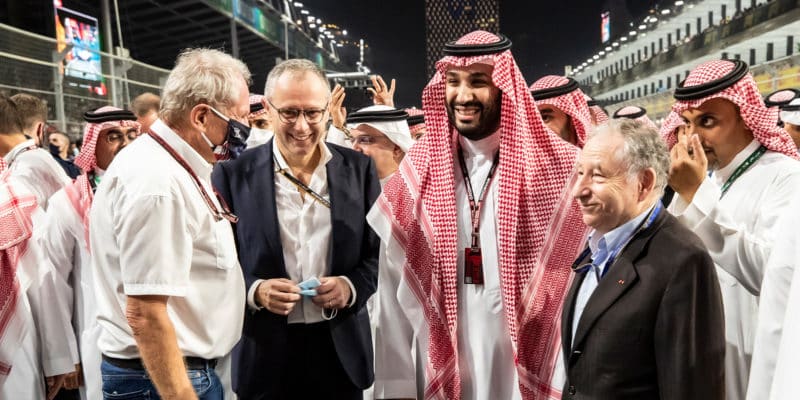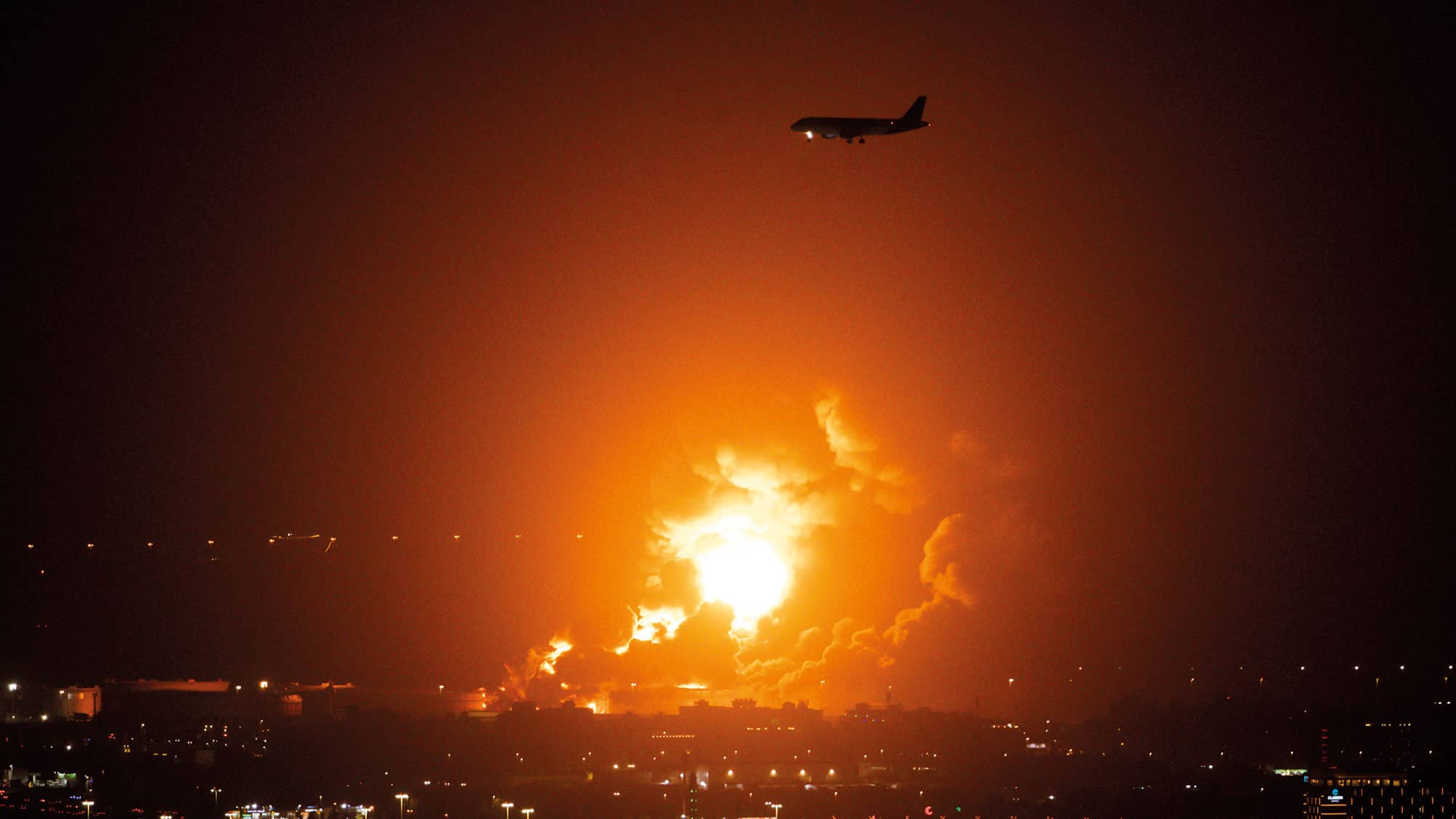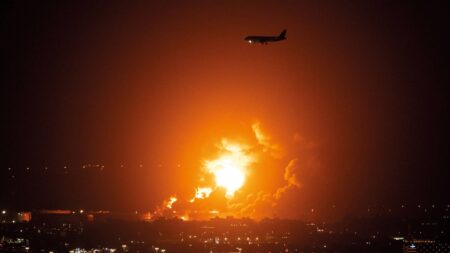“The pressure from the Western community will enable things to change quicker, I really think this or I would not say that. I am convinced about it. Many things are not where they should be I totally agree but with us being there we are going to accelerate change. Some things require time but the time will be shorter.”
Domenicali does not shy away from discussing the subject, of being confronted with the litany of criticism and demands from human rights groups. He accepts that of course money plays a part in F1 racing in Saudi Arabia, but insists it is only a part, citing the huge range of considerations undertaken in assessing a new host location and the expense and effort F1 goes to to ensure its stated commitment to human rights is met, including extensive independent auditing of the human rights of workers involved in the meeting.
He also notes examples of how the country is already adapting, referring to the concerts held at the race as examples of how the society is changing. Communication, not overt criticism is key to his softly, softly approach in Saudi Arabia he argues.
“To see in Saudi on Saturday night, Sunday night, so many people dancing thanks to F1, if people don’t understand this is something huge it means they don’t know the culture of that country,” he says. “That is happening and it will happen even faster. We need to help them. The more we accuse them and put them in the corner, their natural instinct is to be defensive the more you attack. So we need dialogue to find the right solution, changes take time.”



